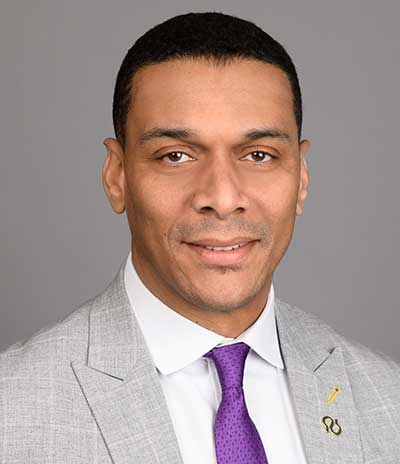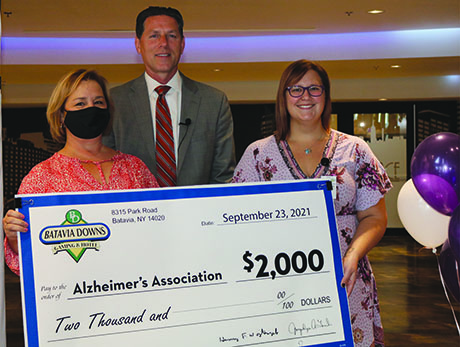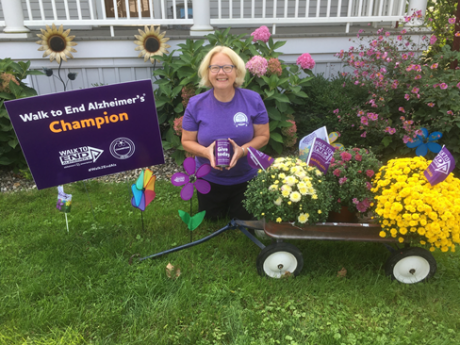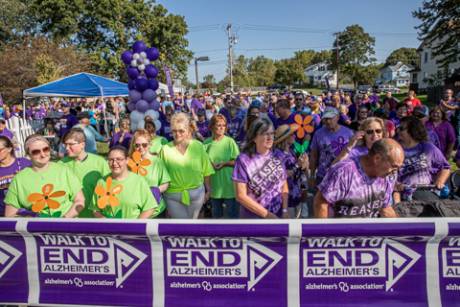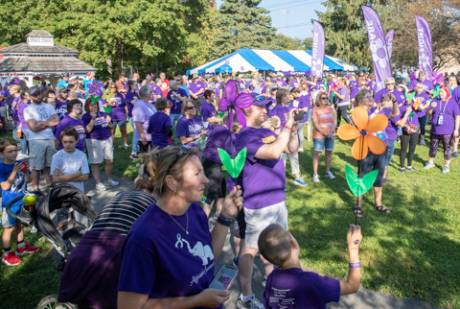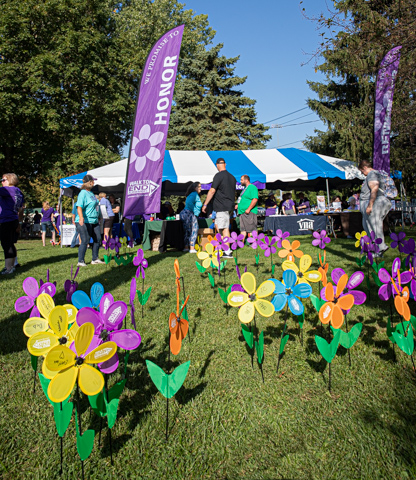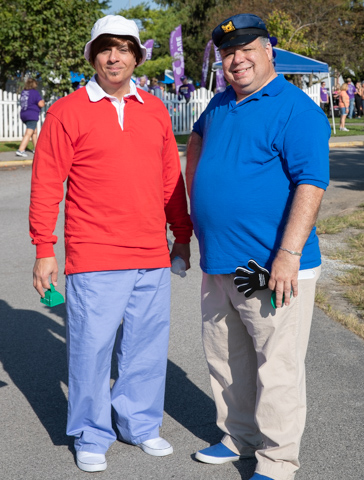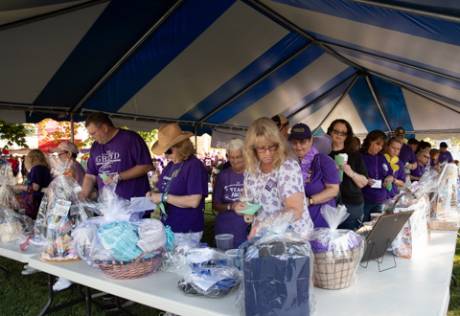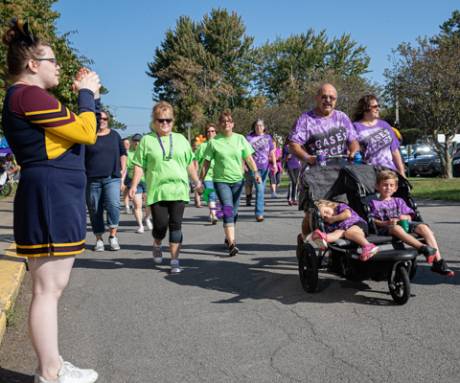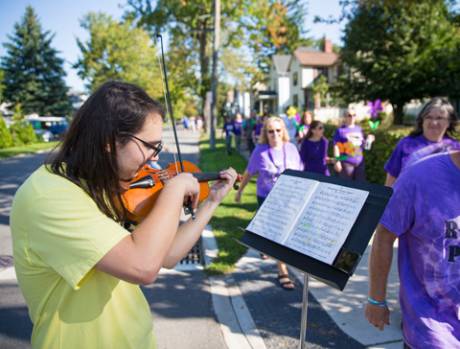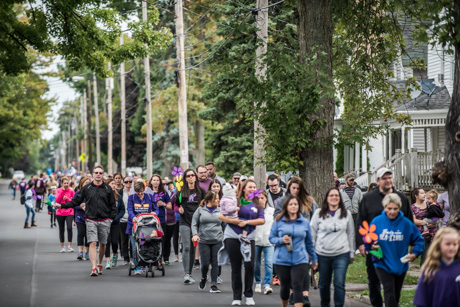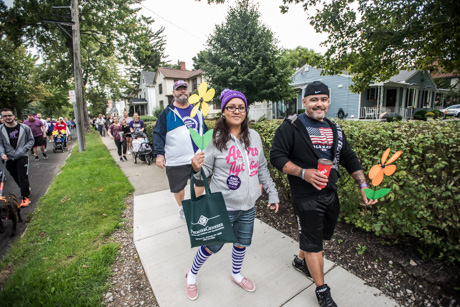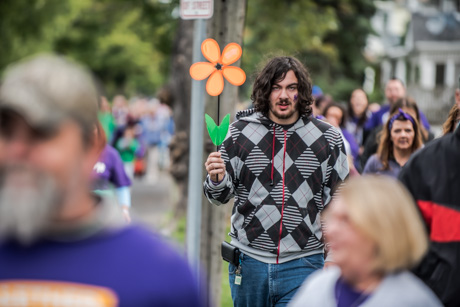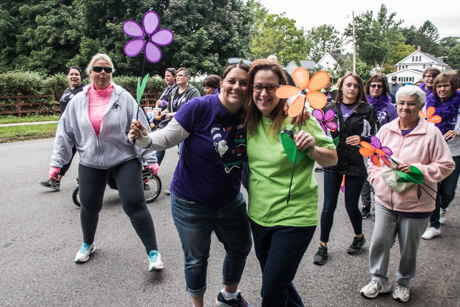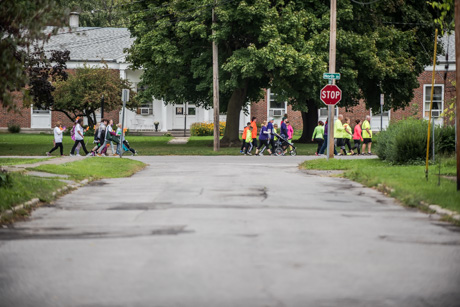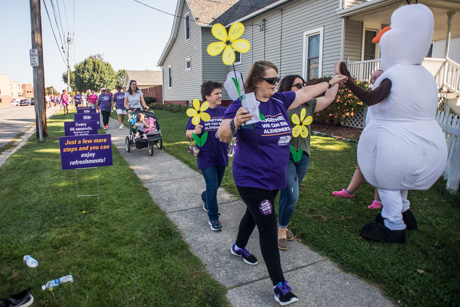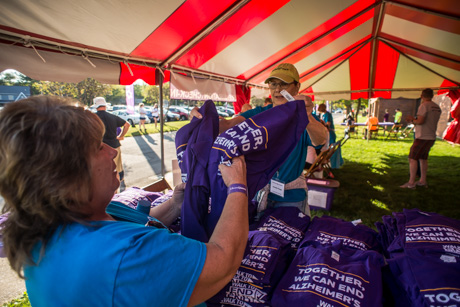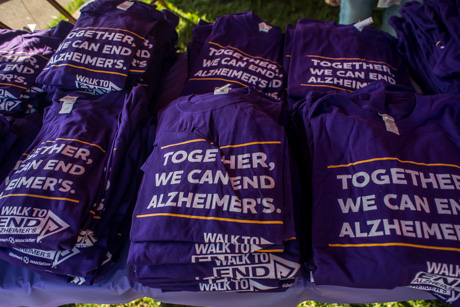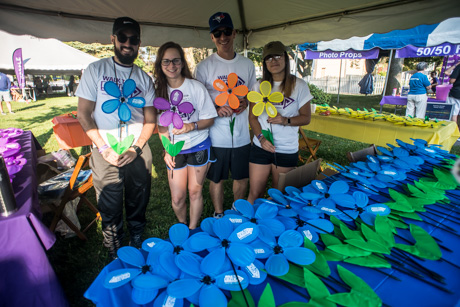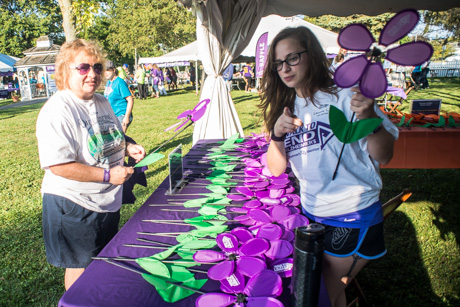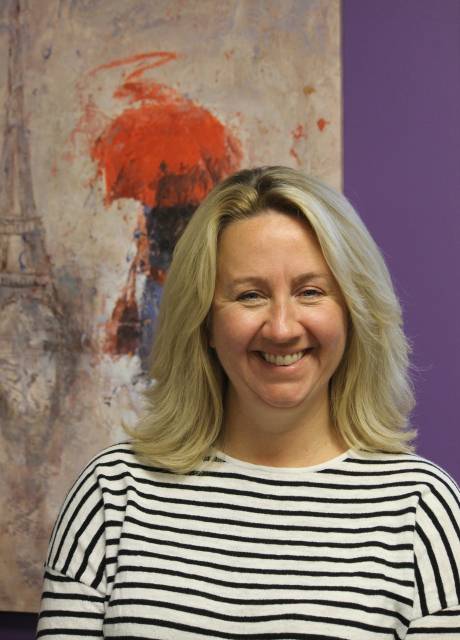Press release:
With COVID-19 vaccines becoming more prevalent and a return to public activities, many Americans are looking forward to resuming their lives and returning to normal. This June, during Alzheimer’s & Brain Awareness Month, the Alzheimer’s Association Western New York Chapter is encouraging residents to make brain health an important part of their return to normal.
“The past year has been extremely challenging for most Americans,” said WNY Chapter Executive Director Jill Horner. “Chronic stress, like that experienced during the pandemic, can impact memory, mood and anxiety. As local residents begin to return to normal, we encourage them to make brain health a priority.”
The WNY Chapter offers these five suggestions to promote brain health and to help residents restore their mental well-being:
1. Recommit to Brain-healthy Basics
Evidence suggests that healthy behaviors took a back seat for many Americans during the pandemic. Gym memberships were put on hiatus, social engagement became more challenging and many Americans swapped out healthful eating for their favorite comfort foods, take-out meals and frequent snacking while working remotely. One study published recently found participants gained nearly 1.5 pounds per month over the past year, on average.
The Alzheimer’s Association — through its U.S. POINTER Study— is examining the role lifestyle interventions, including diet, may play in protecting cognitive function. Right now, many experts agree that people can improve their brain health and reduce the risk of cognitive decline by adopting healthy lifestyle habits, preferably in combination, including:
- Exercise regularly— Regular cardiovascular exercise helps increase blood flow to the body and brain, and there is strong evidence that regular physical activity is linked to better memory and thinking.
- Maintain a heart-healthy diet— Stick to a meal schedule full of fruits and vegetables to ensure a well-balanced diet. Some evidence suggests a healthful diet is linked to cognitive performance. The Mediterranean and DASH* diets are linked to better cognitive functioning, and help reduce risk of heart disease as well.
- Get proper sleep— Maintaining a regular, uninterrupted sleep pattern benefits physical and psychological health, and helps clear waste from the brain. Adults should get at least seven hours of sleep each night and try to keep a routine bedtime.
- Stay socially and mentally active— Meaningful social engagement may support cognitive health, so stay connected with friends and family. Engage your mind by doing activities that stump you, like completing a jigsaw puzzle or playing strategy games. Or challenge yourself further by learning a new language or musical instrument.
2. Return to Normal at Your Own Pace
Many Americans are eager for a return to normal life following the pandemic, but others are anxious. In fact, one recent survey found that nearly half of adults (49 percent) report feeling uncomfortable about returning to in-person interactions when the pandemic ends.
For those feeling anxious, the Alzheimer’s Association suggests taking small steps. It may also be important to set boundaries and communicate your preferences to others in your social circles.
3. Help Others
There is evidence to suggest that helping others during the pandemic may not only make you feel better, but it may be good for you as well. Research shows that helping others in a crisis can be an effective way to alleviate stress and anxiety.
One study published during the pandemic found that adults over age 50 who volunteer for about two hours per week have a substantially reduced risk of dying, higher levels of physical activity and an improved sense of well-being.
To help others and yourself during June and throughout the year, volunteer in your community, run errands or deliver meals to a home-bound senior or donate to a favorite cause, such as supporting participants in the Alzheimer’s Association’s The Longest Day event on June 20.
4. Unplug and Disconnect
Technology has dominated our daily lives during the pandemic like never before. While technology has kept us connected through COVID-19, it has also created fatigue for many Americans.
Experts warn that excessive stimulation coming from our phones, computers, social media sources and news reports can add to our already heightened anxiety levels. To avoid technology overload, experts advise setting limits on your screen time, avoid carrying your phone everywhere, and disconnecting from digital devices at bedtime.
5. Control Your Stress Before it Controls You
In small doses, stress teaches the brain how to respond in healthy ways to the unexpected, inconvenient or unpleasant realities of daily life. Prolonged or repeated stress, however, can wear down and damage the brain, leading to serious health problems including depression, anxiety disorders, memory loss and increased risk for dementia.
Reports indicate that Alzheimer’s and dementia caregivers are especially vulnerable to physical and emotional stress. The Alzheimer’s Association offers tips to help manage caregiver stress.
Meditation, exercise, listening to music or returning to a favorite activity you have missed during the pandemic are just some ways to manage stress. Do what works best for you.
“The COVID-19 pandemic has been an overwhelming time for all of us,” Horner said. “It’s important for people to know there are steps we can take to lessen the stress and anxiety we might be feeling. It can be easy to take brain health for granted, but now more than ever, it’s a good idea to make it a priority.”
Currently, the Alzheimer’s Association and representatives from more than 40 countries are working together to study the short- and long-term consequences of COVID-19 on the brain and nervous system in people at different ages, and from different genetic backgrounds.
About Alzheimer’s & Brain Awareness Month
Created by the Alzheimer’s Association in 2014, Alzheimer’s & Brain Awareness Month is dedicated to encouraging a global conversation about the brain and Alzheimer’s disease and other dementia. To learn more about the Alzheimer’s Association, available resources and how you can get involved to support the cause, visit alz.org.
About the Alzheimer’s Association
The Alzheimer’s Association is a worldwide voluntary health organization dedicated to Alzheimer’s care, support and research. Our mission is to lead the way to end Alzheimer’s and all other dementia — by accelerating global research, driving risk reduction and early detection, and maximizing quality care and support. Our vision is a world without Alzheimer’s and all other dementia®. Visitalz.orgor call 1-800-272-3900.
*DASH -- acronym for Dietary Approaches to Stop Hypertension -- an eating plan to lower or control high blood pressure. It emphasizes foods that are lower in sodium as well as foods that are rich in potassium, magnesium and calcium — nutrients that help lower blood pressure.
